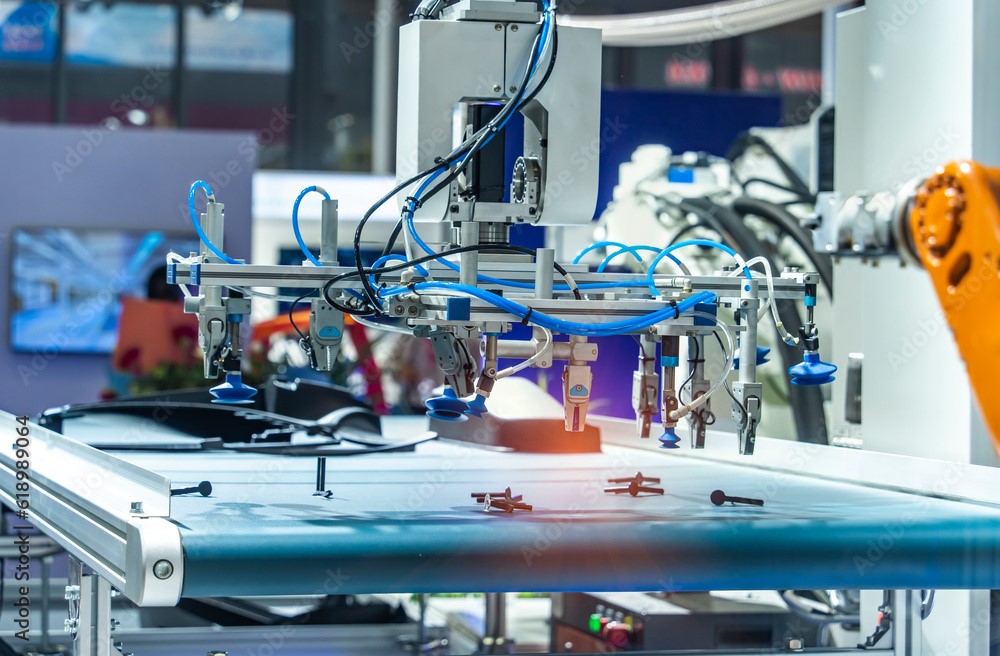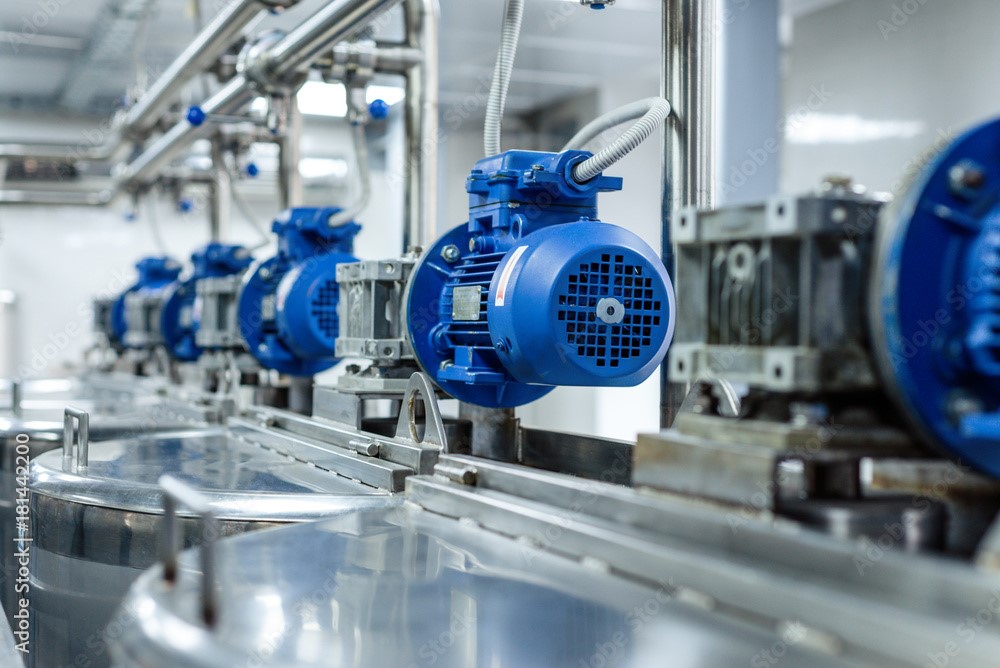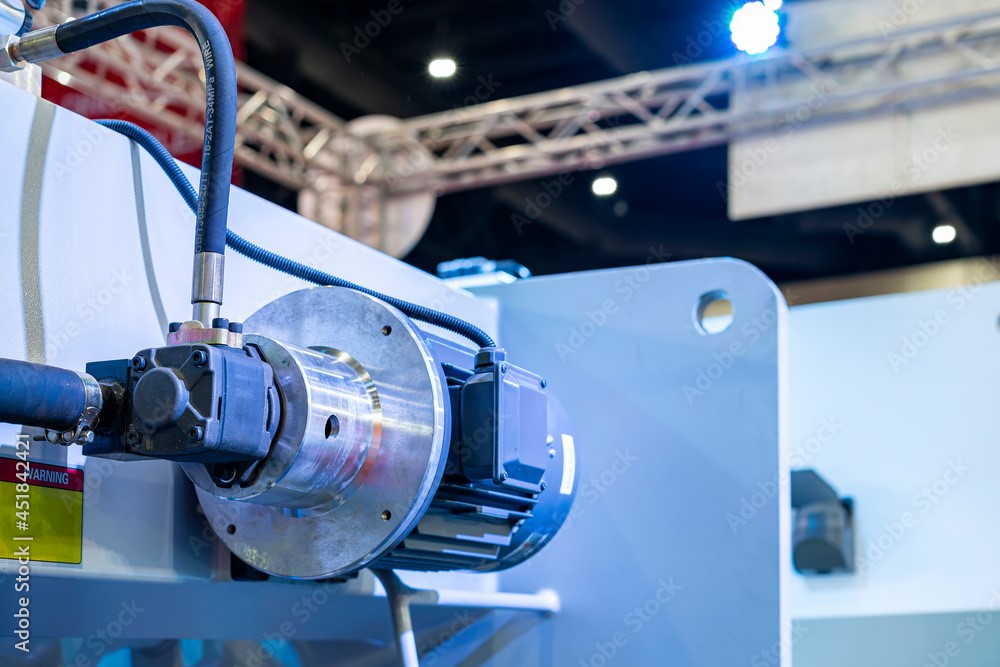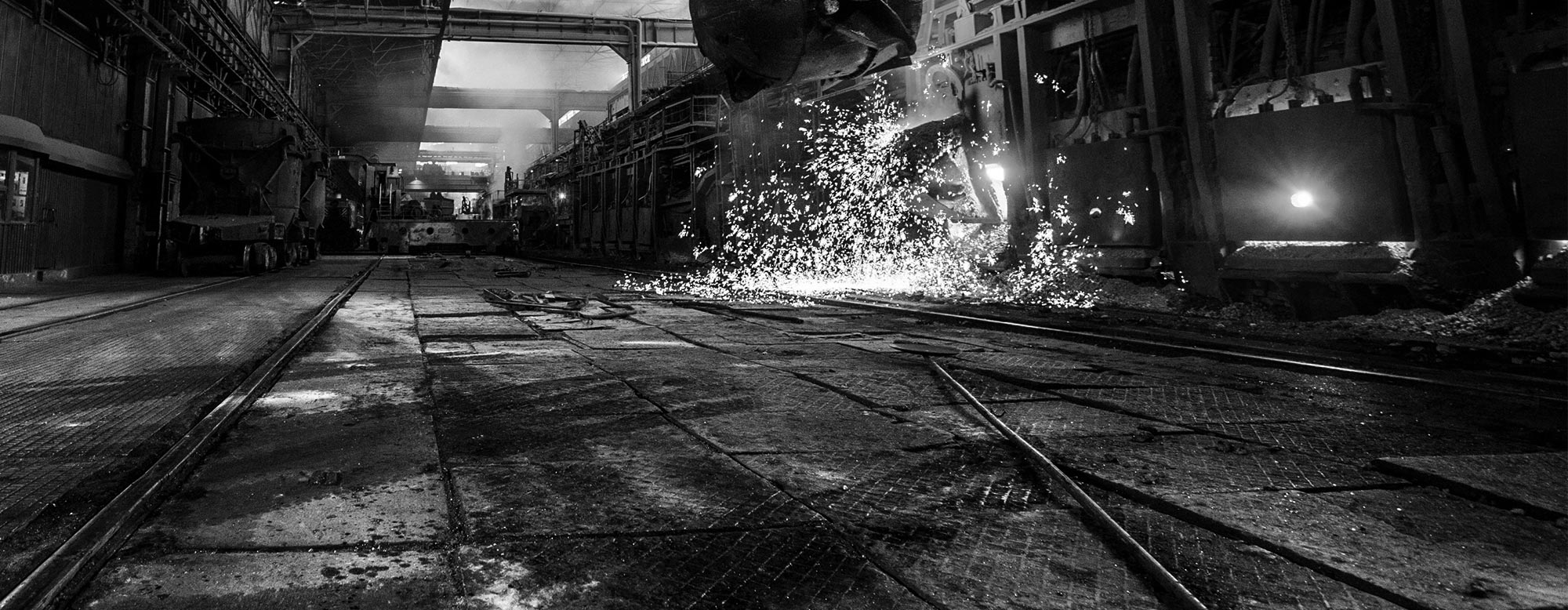The Advantages of Electric Over Hydraulic Cylinders
The debate between electric and hydraulic cylinders is pivotal in the realm of machinery and automation. While hydraulic systems have been the backbone of heavy industry for decades, electric cylinders are gaining prominence due to their efficiency, precision, and sustainability. Read on to explore benefits of electric over hydraulic cylinders, from increased efficiency and control to environmental sustainability and cost savings.

Enhanced Energy Efficiency
Electric cylinders are significantly more energy-efficient compared to their hydraulic counterparts. Hydraulic systems often experience energy losses due to fluid friction and the need to maintain pressure in the system. On the other hand, electric cylinders consume power only when in motion and don’t waste energy in maintaining operational readiness. This direct energy use makes electric cylinders ideal for reducing overall power consumption and operating costs.
Greater Precision and Control

Electric cylinders offer superior precision and control, which is crucial in applications requiring exact movements. It’s possible to program them for precise speed, position, and force, allowing for more accurate operations. This level of control is achievable through advanced servo motors and actuators that can instantly adjust to changes in load and positioning requirements. Such capabilities are essential in industries where precision is paramount, such as robotics and aerospace.
Faster Response Times
Another significant advantage of electric cylinders is their responsiveness. Unlike hydraulic systems that may suffer from lag due to fluid dynamics, electric cylinders can respond instantly to control inputs. This is due to the direct transmission of power to the actuators without delay. Faster response times improve the overall speed of operations and can be critical in high-speed automation processes.
Simplified Maintenance
Electric cylinders require less maintenance than hydraulic systems. Hydraulic cylinders are prone to issues like fluid leaks, contamination, and seal wear, which can lead to frequent downtime and costly repairs. Electric cylinders eliminate these concerns, as they don’t use fluids and have fewer moving parts. This reduction in maintenance not only lowers costs but also increases the equipment’s reliability.
Cleanliness and Environmental Friendliness
Electric cylinders offer a cleaner operation. Hydraulic systems can pose environmental risks due to potential fluid leaks, which can contaminate the surrounding environment. Electric cylinders, being fluid-free, do not have this risk, making them a more environmentally friendly option. This aspect is particularly important in industries looking to reduce their environmental impact and enhance their sustainability practices.
Reduced Noise Levels
The operational noise of electric cylinders is considerably lower than that of hydraulic systems. Hydraulics can generate significant noise due to the high-pressure fluid movement and mechanical actions involved in their operation. Electric cylinders operate quietly, which can improve the working environment and is beneficial in noise-sensitive areas, such as medical facilities and residential applications.
Lower Installation Costs
Installing electric cylinders can be less costly and complex than setting up hydraulic systems. Hydraulic installations require additional components like pumps, hoses, and fluid reservoirs, all of which can increase installation time and cost. With their simpler setup, electric cylinders reduce the initial investment and can integrate more easily into existing systems.
Compact and Modular Design

Electric cylinders typically have a more compact and modular design compared to hydraulic cylinders. This compactness allows for greater flexibility in system design and can be particularly advantageous in applications where space is limited. Additionally, the modular nature of electric systems facilitates easier upgrades and integration with other technological advancements.
Suitability for Indoor Use
Electric cylinders are more suitable for indoor use due to their clean and quiet operation. Unlike hydraulic systems, which can pose risks of fluid leaks and require extensive protective measures to prevent contamination, electric cylinders can safely function in controlled environments without additional safeguards. This makes them ideal for industries such as food processing and pharmaceuticals, where cleanliness and hygiene are paramount.
Scalability and Flexibility
Electric cylinders offer excellent scalability and flexibility for various applications. Due to their programmability, they’re easy to adjust or reprogram for different tasks without significant downtime. This flexibility allows businesses to adapt quickly to changing production needs or integrate new technologies without replacing the entire system.
Integration With IoT and Smart Technologies
The compatibility of electric cylinders with IoT and smart technologies marks a significant advancement in their functionality. These cylinders can seamlessly integrate into networked systems, allowing for sophisticated monitoring and control capabilities. Real-time data collected from the cylinders can help in analysis to optimize performance, predict maintenance needs, and prevent downtime. This level of integration is crucial for modern manufacturing environments aiming to achieve higher degrees of automation and data-driven decision-making, aligning perfectly with the principles of Industry 4.0.
Long-Term Cost Benefits
Though the initial investment in electric cylinders might be higher than in hydraulic systems, the long-term financial benefits are compelling. Electric cylinders incur lower operating costs due to reduced maintenance requirements and higher energy efficiency. They also tend to have a longer operational lifespan due to less mechanical wear and tear, minimizing the frequency and cost of replacements. Over time, these factors contribute to a lower total cost of ownership, offering significant savings to businesses that prioritize efficiency and sustainability in their operations.
Versatility Across Industries
Electric cylinders are extraordinarily versatile and find applications in numerous industries, demonstrating their adaptability to various operational demands. Their precise control and clean operation make them suitable for environments such as food and pharmaceutical production, where contamination can cause major issues. Their robustness and reliability also benefit more demanding sectors, such as automotive and aerospace manufacturing. The ability to customize their operation for different tasks makes electric cylinders a preferred choice in theaters and entertainment venues for stage machinery, proving their wide-ranging applicability.
Now that you know the advantages of electric over hydraulic cylinders, it’s clear why many industries are opting for this technology. Electric cylinders offer enhanced efficiency, precision, control, and environmental benefits, making them a superior choice for modern applications. As we continue to see advances in this technology, the gap between electric and hydraulic solutions will likely widen, with electric over hydraulic cylinders paving the way for a more sustainable and efficient future.
Want to know more about electric cylinders?
